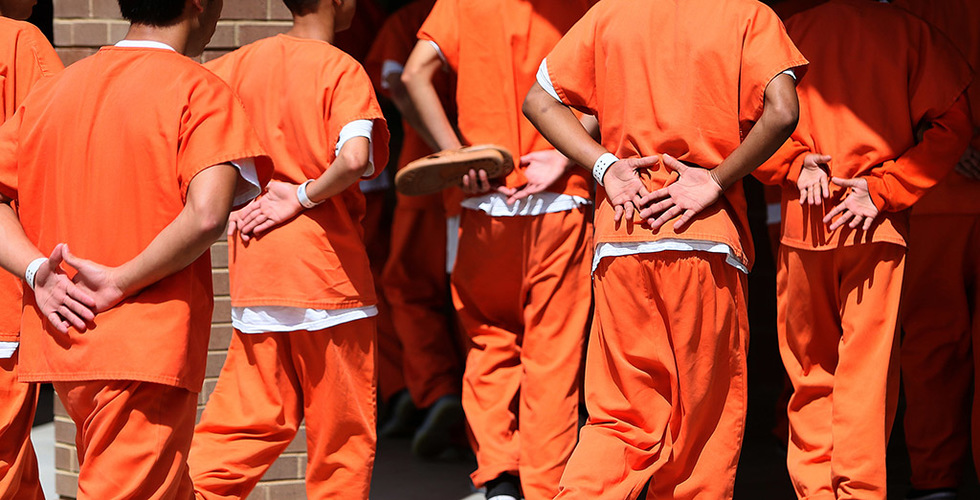- Says alternative juvenile correctional and rehabilitation centres are in shambles
- Report shows only Ikago rehab centre in Molepolole is operational
TEFO PHEAGE
Judicial officers have expressed discontent with available forms of sentencing for juvenile offenders because while imprisonment is a last resort that is applied only in exceptional circumstances, sending juveniles to alternative correctional and rehabilitation facilities can be equally pointless and devastating.
This emerged in discussions at a two-day workshop on alternative forms of imprisonment that took place in Gaborone recently.
The workshop, which was attended by judicial officers and various stakeholders, called for financing of juvenile centres, amendment of laws for the benefit of juvenile offenders and considerations of alternative forms to custody of offenders.
In her presentation at the workshop, Senior Magistrate at Extension II Magistrate Court in Gaborone, Queen Moanga, said while committal of a child to prison is undesirable and inappropriate, “the state of alternative centres of rehabilitation was not any better than adult prisons”.
The Children’s Act protects children against child imprisonment and suggests placement on probation for a period not less than six months or more than three years or being sent to a school of industry for a period not exceeding three years or until they have attained the age of 21 when they can be sentenced to community service or subjected to corporal punishment or imprisonment.
However, Moanga expressed her displeasure with these systems because the probation system is a court-ordered community-based rehabilitation programme for an alternative sentencing option for dealing with offenders who may otherwise be committed to a juvenile rehabilitation centre or prison.
“There is a serious shortage of probation officers,” she pointed out. “Another serious challenge is that probation sentences are not well supervised.”
This view was confirmed by the Ministry of Local Government and Rural Development’s head of Family Welfare Services, Margaret Mokgachane, who said only social workers at district councils were charged with the additional responsibility of manning probation services.
Regarding schools of industry, Senior Magistrate Moenga said they are also under-resourced because they have minimal or no government assistance, making sending juvenile offenders to them counterproductive.
The too was confirmed by Mokgachane, who said only one school of industry, Ikago Rehabilitation Centre in Molepolole, is operational. A status report on Ikago showed that in 2018, only one out of four workshops at the centre was operating because the centre was running below capacity with 15 children against a capacity of 100.
Presenting the report, the Manager of Ikago Rehabilitation Centre, Janice Motlhabaphuti, described Ikago as a unique institution responsible for children in need of social support that accommodates children serving the maximum penalty of imprisonment terms not exceeding three years.
She said Ikago was established in 2001 with the sole purpose of empowering boys aged between 14 and 18 with social and life support skills, the main focus being those challenged by unforeseen circumstances in their homes and those in conflict with the law. The centre had several operational wings such as mechanical, welding, carpentry and bricklaying.

